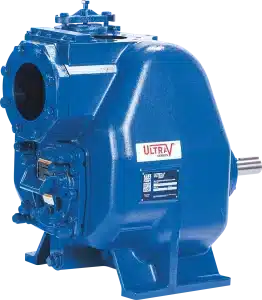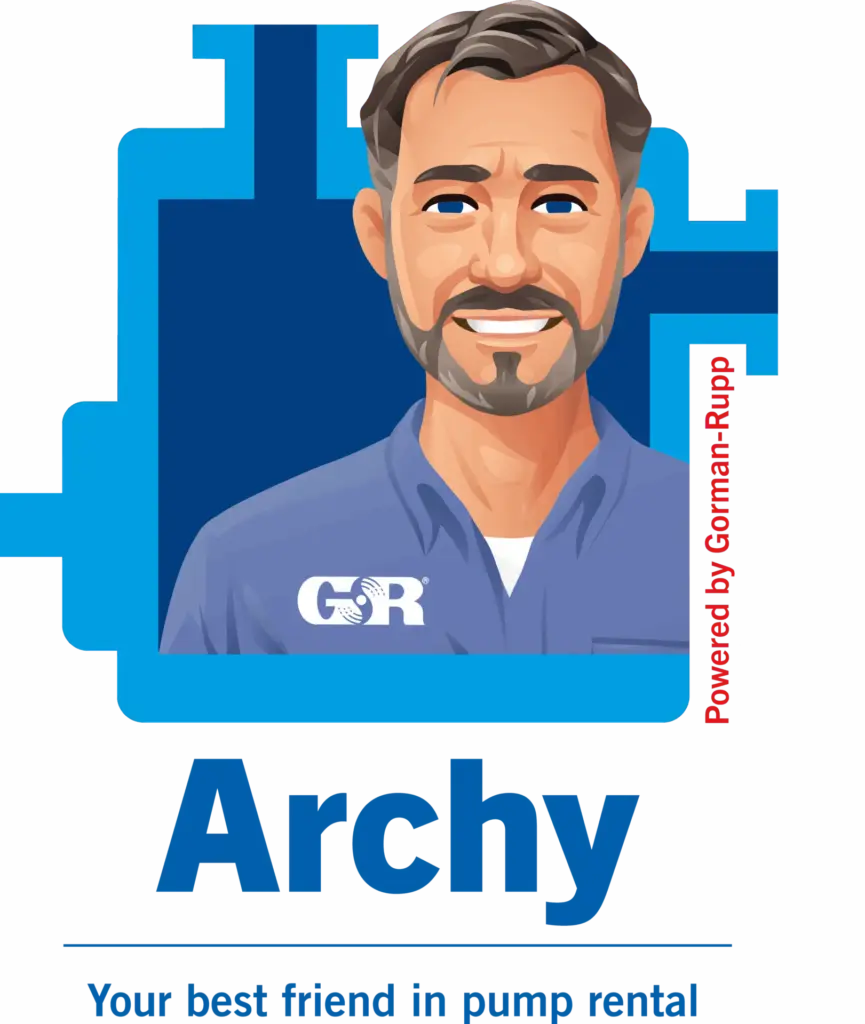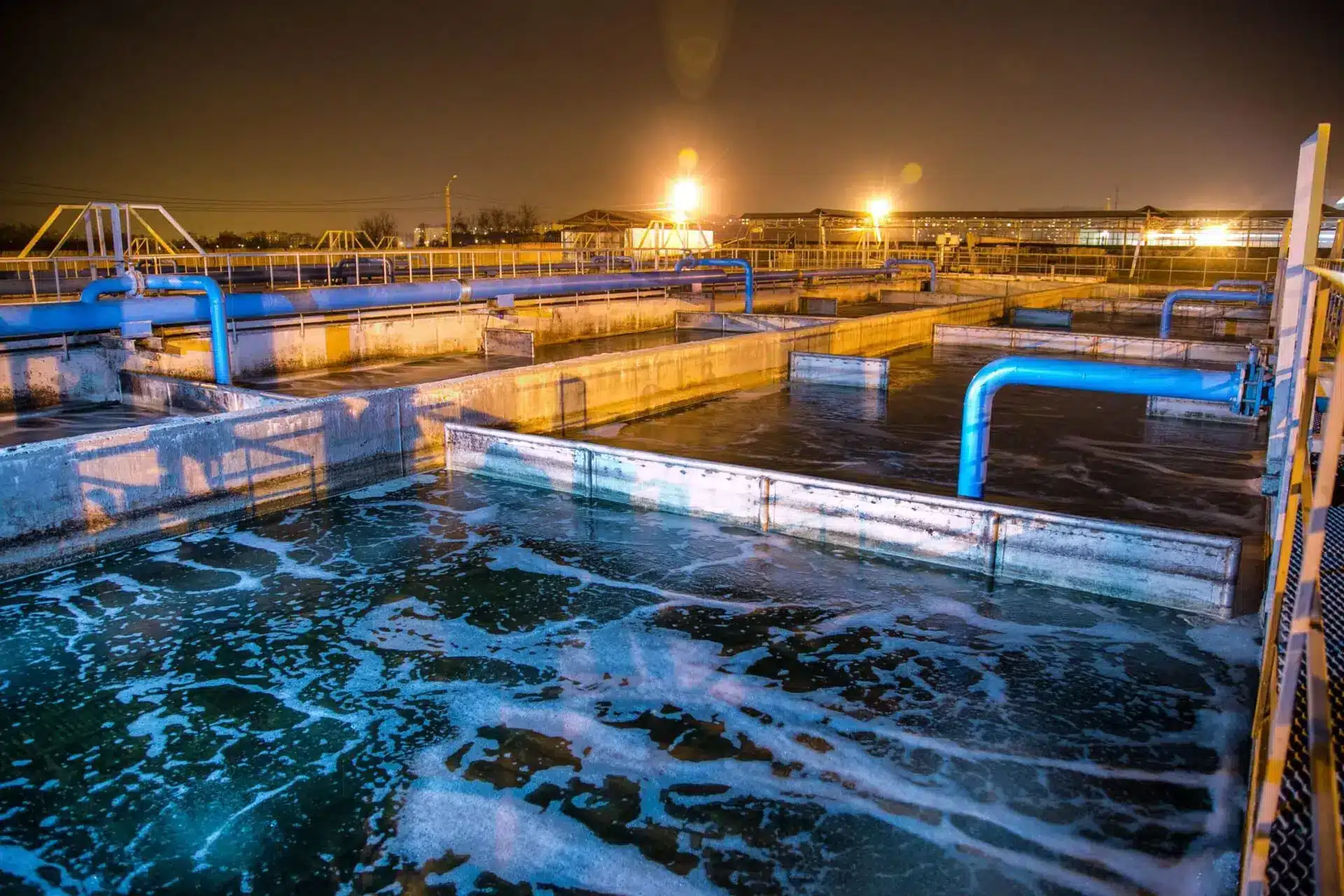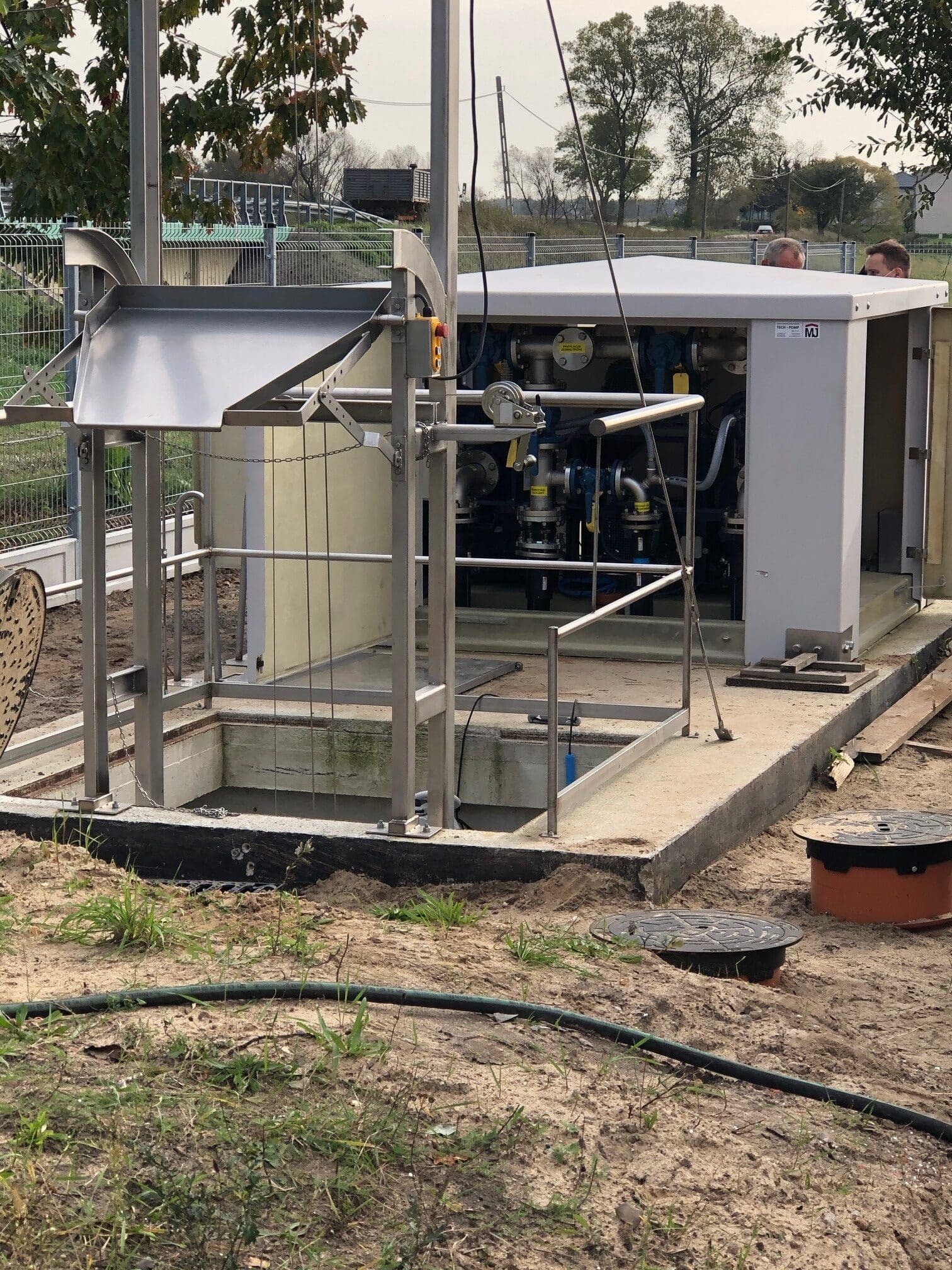Government agencies carry a major responsibility. Municipalities, water boards, and public utilities must keep communities safe, protect the environment, and ensure that essential infrastructure operates without interruption. Pumps play a central role in this. From wastewater transport to flood protection, from treatment plants to irrigation, every system depends on equipment that delivers consistent performance in demanding conditions.
Gorman-Rupp supports public agencies with pump systems built for long operating cycles, straightforward maintenance, and reliable performance during critical situations. With decades of experience in municipal and government projects, we understand the challenges operators face in the field. This blog outlines the key applications where pump reliability directly influences public safety and service continuity.
Wastewater pumping: continuous performance in municipal networks
Wastewater transport is one of the most essential public services. Municipal pump stations must handle varying flows, abrasive solids, sanitary wipes, and unpredictable peak loads. A blocked pump can cause significant operational and environmental issues.
Self-priming centrifugal pumps from Gorman-Rupp streamline maintenance. They are installed in dry, accessible locations, eliminating the need for confined-space entry. Operators can inspect and service pumps quickly, reducing downtime and ensuring the system remains available.
Modern wastewater networks demand systems that deal with solids effectively. Gorman-Rupp designs pumps with large free passages and special impellers that minimize the risk of clogging. This is especially valuable for municipalities dealing with increased fibrous waste in the wastewater stream. The result is consistent flow, less manual intervention, and predictable operating costs.
Government agencies choose these systems because they combine practical advantages with long-term reliability. For communities where pump stations run around the clock, durability makes a measurable difference.
Flood control: protection during extreme weather events
Extreme rainfall and stormwater surges are increasingly common. Public agencies must respond quickly to prevent flooding in residential and commercial areas. Pumps are essential for managing water levels, draining low-lying zones, and supporting emergency operations during storms.
Flood control systems require pumps that can start immediately, run continuously, and move large volumes of water with minimal supervision. Gorman-Rupp’s dry self-priming pumps and portable diesel-driven units are designed for exactly this purpose. They provide automatic priming, fast startup, and stable performance even when water levels fluctuate.
During storm events, there is no time for complex procedures. Operators need equipment that works instantly. That is why many emergency teams rely on our pump systems: they protect critical infrastructure such as tunnels, roads, rail lines, and public buildings.
When conditions are severe, the availability of equipment becomes vital. Our systems are built for long run times, reducing the risk of failure during extended rainfall or flooding. This helps municipalities stay prepared and respond effectively to climate-related challenges.
Wastewater treatment plants: efficient pumping for every stage of the process
Treatment plants depend on pumps for screening, grit removal, primary treatment, sludge handling, and final effluent discharge. Each stage requires precise flow control and equipment that can handle solids, chemicals, and demanding duty cycles.
Gorman-Rupp supports treatment facilities with pumps designed for reliability and low maintenance. Our equipment provides consistent flow, even in challenging conditions, helping operators maintain stable plant performance.
Self-priming pumps reduce operational effort. Maintenance can be carried out at ground level without specialized lifting systems or confined-space entry permits. This increases safety while keeping the plant running efficiently.
For sludge applications, pumps need strong solids-handling capabilities. Our designs offer robust performance with minimal clogging, helping treatment plants operate predictably while keeping energy and service costs under control.
Public utilities value solutions that simplify daily operations. With durable components and efficient hydraulic designs, our pumps support long-term plant performance, even under heavy load.
Irrigation: dependable water supply for public landscapes and agriculture
Municipal parks, sports facilities, green zones, and agricultural areas all depend on reliable irrigation systems. Pumps must be able to deliver consistent pressure and flow, operate efficiently for long hours, and withstand changing environmental conditions.
Gorman-Rupp irrigation pumps are used in a wide range of government applications. They support water distribution from reservoirs, canals, and reclaimed water sources. Their consistent output makes it easier for public agencies to manage water use effectively.
In regions affected by drought or variable rainfall, a dependable irrigation system becomes even more important. Our pumps help maintain green spaces and agricultural productivity while supporting responsible water management.
Choosing the right pumps for government projects
Every government project has its own set of specifications. Flow rates, solids content, installation conditions, operating costs, and accessibility all influence the optimal pump choice. Gorman-Rupp works closely with municipalities, utilities, and engineering partners to develop solutions that meet long-term requirements.
Key factors include:
- Pump type suited for the application
- Required flow and head
- Solids-handling capability
- Ease of maintenance
- Installation footprint
- Energy consumption
- Long-term durability
Our dry self-priming pumps are especially valued for their accessibility and low service requirements. For stormwater and emergency operations, portable diesel-powered units provide rapid response capability. For treatment plants, robust solids-handling pumps ensure consistent performance across the full processing cycle.
Supporting public agencies with reliable pump solutions
Government agencies benefit from equipment that delivers predictable performance with minimal downtime. Gorman-Rupp’s focus on reliability, accessibility, and long operating life makes our systems a strong fit for public infrastructure.
When pumps operate continuously, every detail matters. Our designs prioritize ease of service, consistent output, and the ability to handle unexpected conditions. With support available throughout Europe, we help public organizations maintain essential services, even during challenging circumstances.
If you are exploring pump solutions for wastewater, flood control, treatment plants, or irrigation, our team is ready to help you find the right fit for your project.
















